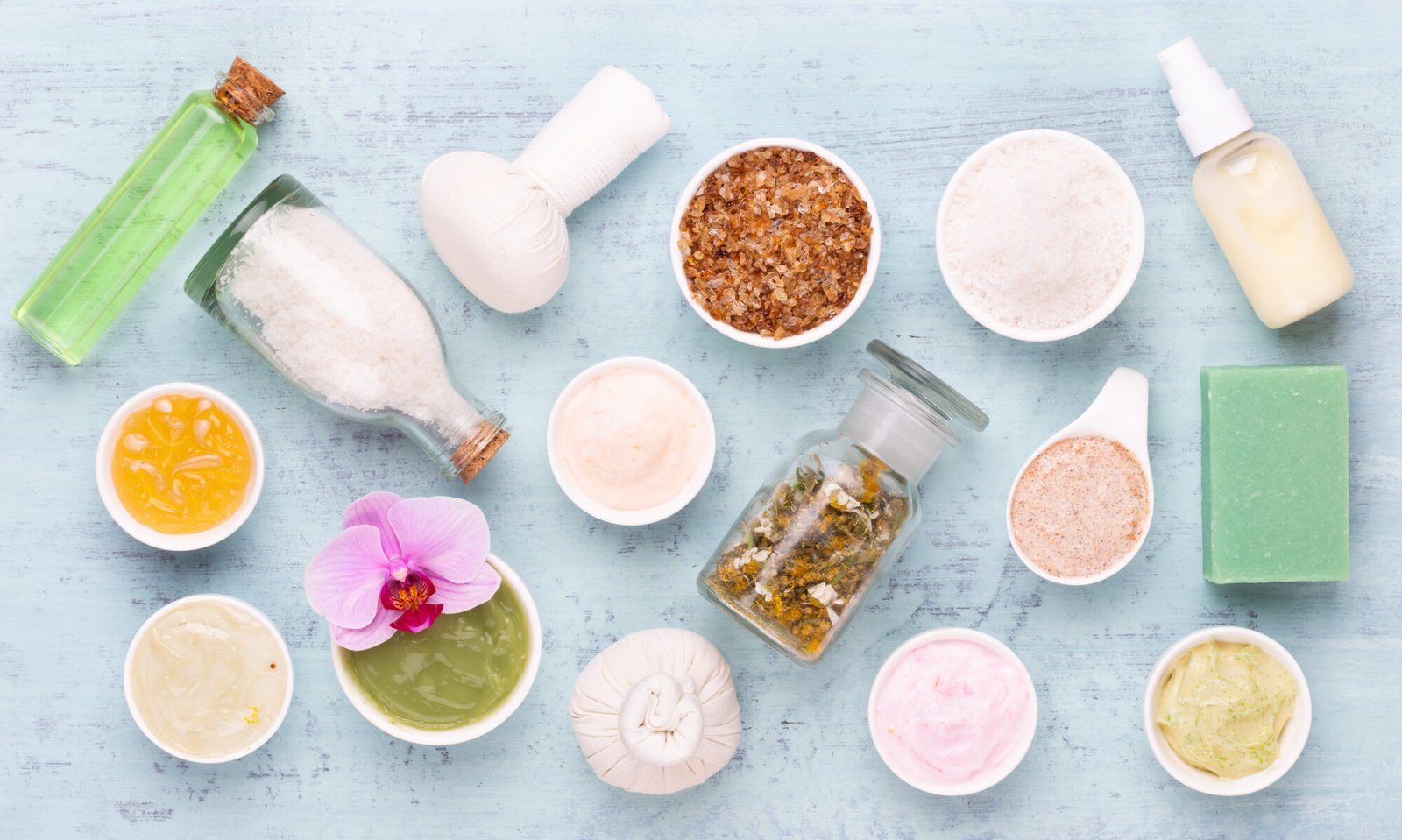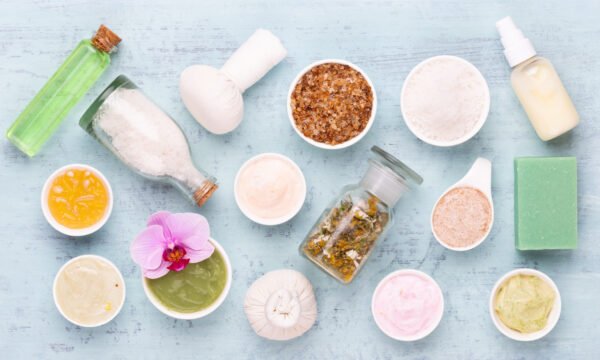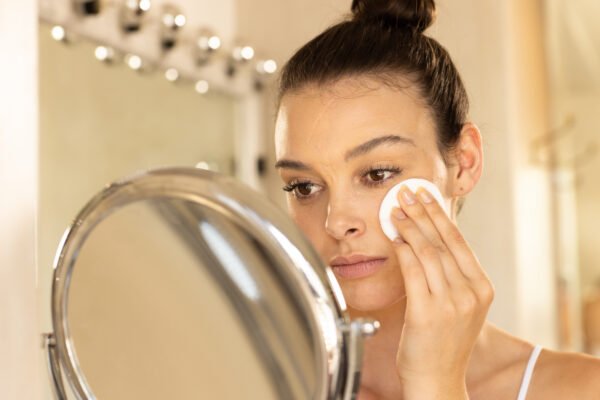Introduction
Dry skin may be a constant fight. Itchy, unpleasant, and might make you self-conscious about your looks; find the appropriate dry skin regimen whether you’re a beauty expert or new to skincare. In this blog article, we’ll discuss dry skin cures, hydrating skincare routines, and the finest moisturizers. At the end, you’ll have a complete guide to smooth, radiant skin.
Understanding Dry Skin
What Causes Dry Skin?
If your skin lacks enough natural oils or wetness, you have dry skin. Things like cold weather, heating systems, hot baths, and some skincare items can dry out your skin. Knowing these reasons can help you take control of your dryness and prevent it from happening.
Signs of Dry Skin
Rough skin, flakiness, stiffness, and redness are all common signs of dry skin. You may also feel burning and cracks, especially when it’s cold outside. If you notice these signs early, you can change how you take care of your skin before it gets really dry.
The Importance of Hydration
Maintaining your skin’s health, flexibility, and beauty requires keeping it hydrated. Staying hydrated helps your skin’s layer work properly, keeping germs and allergens from harming it. There is a big difference between how your skin looks and feels when you use hydrating items every day.
Building a Hydrating Skincare Routine
Gentle Cleansing
Start your skincare procedure with a light, moisturizing wash. Too harsh cleansers and soaps can remove your skin’s natural oils, making it even drier. Look for a cleaner that contains hyaluronic acid or glycerin, as these elements help your skin retain moisture.
Exfoliation Tips
It’s good to exfoliate to get rid of dead skin cells, but too much of it can make dry skin worse. Choose a soft exfoliant with tiny, smooth beads or a chemical exfoliant like lactic acid. To keep your skin from getting irritated, exfoliate only once or twice a week.
Serums and Treatments
Serums that hydrate can add another layer of moisture. Pick serums that have glycerin, hyaluronic acid, or ceramides in them. When these ingredients get deep into the skin, they moisturize it for a long time and fix the skin barrier.
Best Moisturizers for Dry Skin
Selecting the Right Moisturizer
Not all creams are the same when it comes to dry skin. Look for items that say “rich” or “intensive” on the package and contain shea butter, ceramides, and fatty acids. These ingredients work together to make a shield that keeps moisture in.
Daytime Moisturizers
To protect your face from UV rays during the day, pick a lotion with SPF. A light and moisturizing mixture can keep your skin from feeling sticky while keeping it hydrated. Always put on more sunscreen every couple of hours, especially if you’re going to be outside.
Night Creams
Night creams tend to be thicker and better for your skin than lotions for the day. Some night creams have retinol or peptides in them, which help your skin heal and renew itself while you sleep. If you use a night cream, your skin might feel soft and smooth in the morning.
Additional Dry Skin Remedies
Face Masks
Use a moisturizer mask one or two times a week. Masks containing aloe vera, honey, and hyaluronic acid can deeply moisturize and calm itchy skin.
Facial Oils
If you have dry skin, facial oils can be a great addition to your routine. Many oils, including argan, jojoba, and rosehip, are known to keep skin moist. After your lotion, put a few drops on your skin to seal in the moisture.
Humidifiers
Adding wetness to the air in your home with a humidifier can help keep your skin moist. During the winter, when heating inside can make the air very dry, this is especially helpful.
Skincare Ingredients to Avoid
Alcohols
Some skincare items contain alcohol that can be drying and unpleasant. If you see ethanol or isopropyl alcohol on the list of ingredients, avoid that product. Instead, look for things that will keep you hydrated.
Fragrances
Fragrances can irritate and dry out skin, especially sensitive skin. Choose items without scents to keep your skin healthy and reduce the chance of irritation.
Harsh Exfoliants
Walnut nuts and other big, rough bits in some exfoliants can cause tiny tears in the skin. To get rid of dead skin that won’t hurt your skin barrier, use chemical or soft, fine exfoliants.
Diet and Hydration
Drink Plenty of Water
Getting hydrated starts inside. Getting lots of water throughout the day can help your face stay moist. Aim to drink at least eight glasses of water every day to stay properly hydrated.
Eat Hydrating Foods
Add foods like tomatoes, cucumbers, and oranges to your diet that are high in water content. These foods keep you hydrated and give you the vitamins that your skin needs to stay healthy.
Omega-3 Fatty Acids
Omega-3 fatty acids, which you can find in flaxseeds, fish, and walnuts, can help your skin stay moist and reduce swelling. You could eat more of these foods or take a vitamin if you need to.
Lifestyle Tips for Managing Dry Skin
Avoid Hot Showers
Taking hot showers can dry out your skin by removing its natural oils. Choose hot water, and don’t spend more than 10 to 15 minutes in the shower. Don’t rub your skin dry; instead, pat it dry with a towel.
Moisturize Immediately
When your skin is still wet from taking a shower or washing your face, moisturize it right away. This helps keep your face wet all day by locking in moisture.
Wear Protective Clothing
Wear gloves, scarves, and hats when it’s cold or windy outside to protect your face. This keeps your skin from being exposed to hard forces that can dry it out. Choose a soft cloth that won’t hurt your skin.
Common Myths About Dry Skin
Only Winter Issue
Many people think that dry skin is only an issue in the winter. While cold weather can make dry skin worse, hard skin care products, heating systems, and hot baths can dry out skin all year long.
Oily Skin Can’t Be Dry
People often think that thick skin can’t be dry. However, your skin can still be dry even if it produces too much oil. Using items that keep your skin moist but don’t clog pores can help keep it in balance.
Drinking Water Alone
Even though water is important for staying hydrated, it’s not the only thing that can help dry skin. You need to use topical products and stick to a regular skincare routine to keep your skin hydrated and protected from the outside world.
Expert Tips for Dry Skin
Consult a Dermatologist
If your dry skin doesn’t go away even after using good skin care products, you might want to see a doctor. They can provide personalized help and treatment suggestions tailored to your face’s needs.
Patch Testing
Always do a patch test before adding new items to your practice. Put a little of the product on the inside of your arm and wait 24 hours to see if it makes your skin red or itchy. This might help prevent bad responses.
Consistency is Key
To manage dry skin, you need to be consistent. Follow your normal face care routine and give the products time to work. It might take a few weeks before you can tell the difference, so be patient and keep at it.
Conclusion
Dry skin isn’t always difficult to manage. Understanding the reasons and using hydrated skincare may give you smooth, glowing skin. Use mild products, stick to your regimen, and contact a dermatologist if necessary.
Ready to upgrade your skincare? Join our beauty community and browse our moisturizing products! Beginning your gorgeous skin journey.









